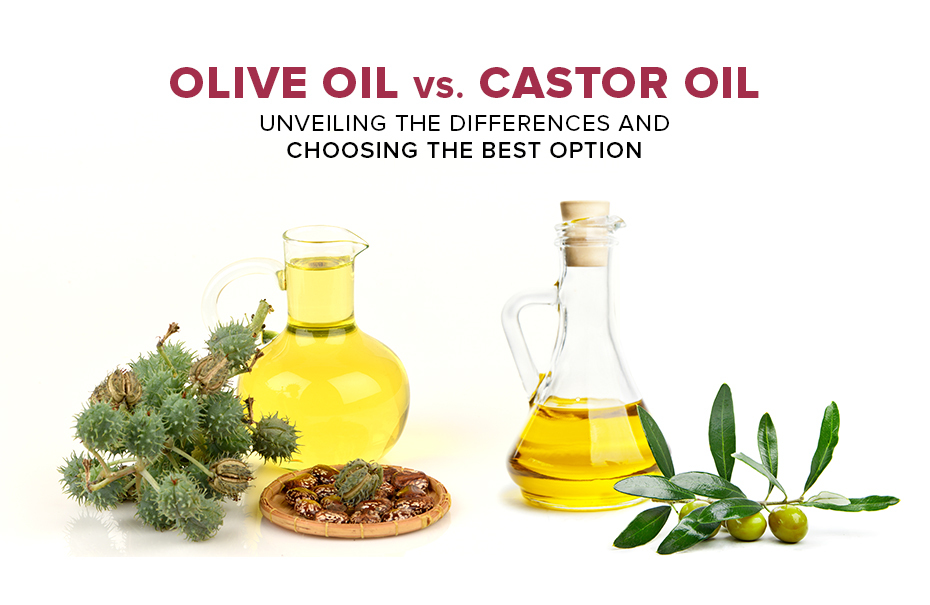How castor oil becomes the best base ingredient for making industrial lubricant?

Since ages, a lot has been said about the castor oil and its miraculous healing properties. Our elders have applauded the pale liquid extracted from the castor beans (Ricinus Communis) for its beauty and medicinal properties. However, it is uncommonly known that the castor oil manufacturers produce different grades of castor oil for various industrial applications like transportation, cosmetics, pharmaceuticals and manufacturing industries.
Castor oil is used in the manufacture of adhesives, brake fluids, caulks, dyes, humectants, hydraulic fluids, inks, lacquers, lubricating greases, machining oils, paints, pigments, refrigeration lubricants, sealants, textiles, washing powders, and waxes.
Huge Number of Castor Oil Manufacturers in India
The small geographical region in Gujarat in Western India is the global center for castor oil production. Both, the labour-intensive cultivation method and its subtropical climate conditions favour the growth of castor plants. Also, at the International level, India contributes around 75% of the world’s total supply and leads the global castor oil trade. Castor oil production in the country fluctuates between 2,50,000 to 3,50,000 tons per year.
There are entrepreneurs involved in the work of processing castor oil in the United States and South America but owing to unfavourable climatic conditions, they cannot achieve high castor oil production efficiency and also cannot obtain the desired oil quantity.
Considering this fact, there are over hundred small and medium size castor oil manufacturers in India who produce different grades of castor oil used for diverse industrial purposes.
Why is Castor Oil an Ideal Ingredient for Industrial Lubricants?
Compared to other vegetable oils, castor oil’s low-temperature viscosity properties and high-temperature lubrication properties makes it the most ideal oil for diverse industrial lubricants, especially for jet, diesel and racing engines. The viscosity of castor oil at 10 °C is 2,420 centipoise.
Other than the above mentioned feature of castor oil, the unique formation of castor oil which is up to 90% ricinoleic, 4% linoleic, 3% oleic, 1% stearic, and less than 1% linolenic fatty acids makes this oil beneficial for diverse industrial applications. Especially, the high content of ricinoleic acid (RA) contributes to it being the most demanded oil in the commercial sector.
The hydroxyl functionality of (ricinoleic acid) RA makes the castor oil a natural polypol which gives the oil the oxidative stability and also a high shelf life by preventing peroxide formation. Another advantage of the presence of the hydroxyl group in RA and RA derivatives is that it helps to perform a variety of chemical reactions like halogenation, dehydration, alkoxylation, esterification, and sulfation. This functionality of the oil makes it one of the best ingredients not just for industrial lubricants but also for the paints, coatings and inks.
Also, the low pour point ability of the castor oil helps to provide full lubrication when the equipment is started and also helps it to function at its optimum level in the cold weather.
Why Castor Oil for Industrial purposes is Better for the Environment?
With the increasing pollution and rising environmental concerns, there will be the need to replace synthetic feed stocks with bio-based fuels. At this juncture, castor oil and its derivatives have high potential in the market. The more use of castor oil as the lubricant not only ensures the better functioning of the engines in the automobile sector or any other industry but also will lead to a clean environment as it is naturally derived.
Considering all the above factors, including the environmental safety and castor oil’s unique properties, castor oil is considered as the best ingredient for industrial lubricants and is highly beneficial for the industrial oil suppliers.



